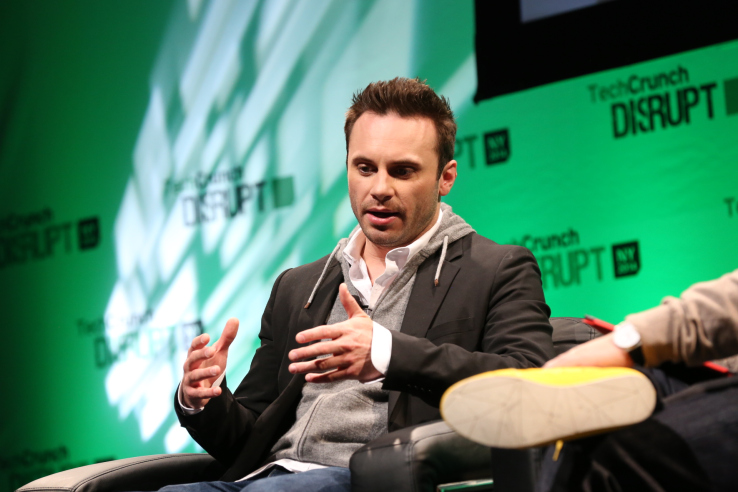

In a blog post today, Oculus CEO Brendan Iribe announced that he will be stepping down as CEO of the Facebook-owned virtual reality company:
Looking ahead and thinking about where I’m most passionate, I’ve decided to lead the PC VR group — pushing the state of VR forward with Rift, research and computer vision. As we’ve grown, I really missed the deep, day-to-day involvement in building a brand new product on the leading edge of technology.
You do your best work when you love what you’re working on. If that’s not the case, you need to make a change. With this new role, I can dive back into engineering and product development. That’s what gets me up every day, inspired to run to work.
The executive shake-up accompanies what looks to be some major internal restructuring as the company silos its efforts on mobile VR and PC-based VR experiences in a more significant way. Iribe will be shifting his role to leading the company’s efforts on PC-based virtual reality. Jon Thomason, who joined Oculus this summer after previously working as VP of mobile shopping at Amazon and VP of Engineering at Qualcomm, will be heading up efforts on the mobile VR front.
While Oculus has not released any numbers for sales of its PC-based Rift VR headset, it has detailed that it has over 1 million monthly active users on its $99 Gear VR system which it’s built in collaboration with Samsung for compatible Galaxy and Note devices.
Iribe, along with Facebook CTO Mike Schroepfer, will be leading efforts to select a new leader to manage the pair of teams at the virtual reality company.
Iribe originally came on to the team as CEO in 2012 following Oculus VR’s successful Kickstarter campaign. He was tasked with ensuring that the product didn’t end up as crowdfunding-backed vaporware.
“The core technology is already there. Now it’s up to the growing team at Oculus to get it into the hands of both developers and gamers everywhere,” Iribe said at the time.
Iribe went on to lead Oculus through its $2 billion acquisition by Facebook in March of 2014.
This latest announcement comes as the bumpy rollout of the first generation of Oculus’s Rift virtual reality at last appears to come to a close.
The company’s $199 Oculus Touch motion controllers were released to positive reviews earlier this month, despite months of delays that frustrated consumers. The $599 Rift VR headset went on sale in late March and suffered a good deal of supply constraints that left pre-orderers waiting months after launch to receive their consoles. These delays cost Oculus a good amount of momentum and developer favor to Sony and HTC, which have also released consumer headsets this year.

